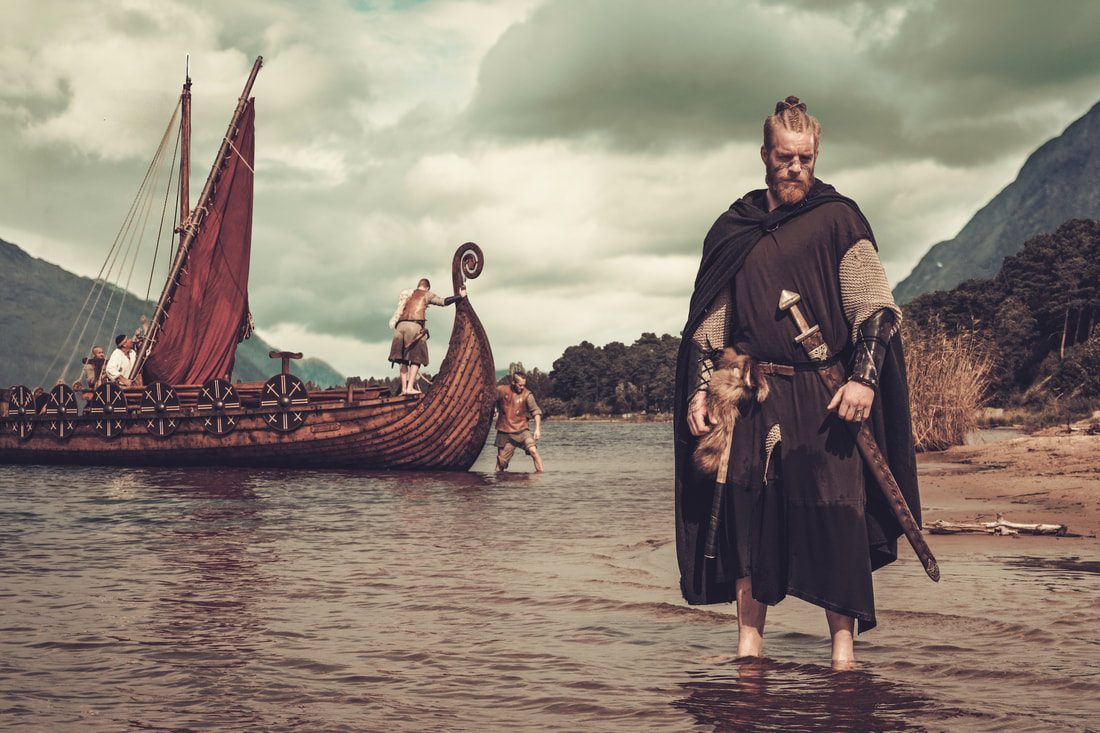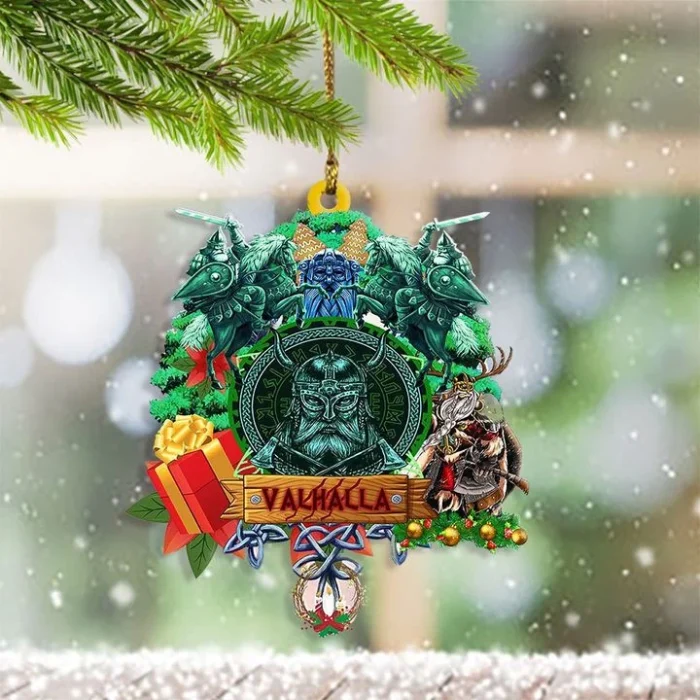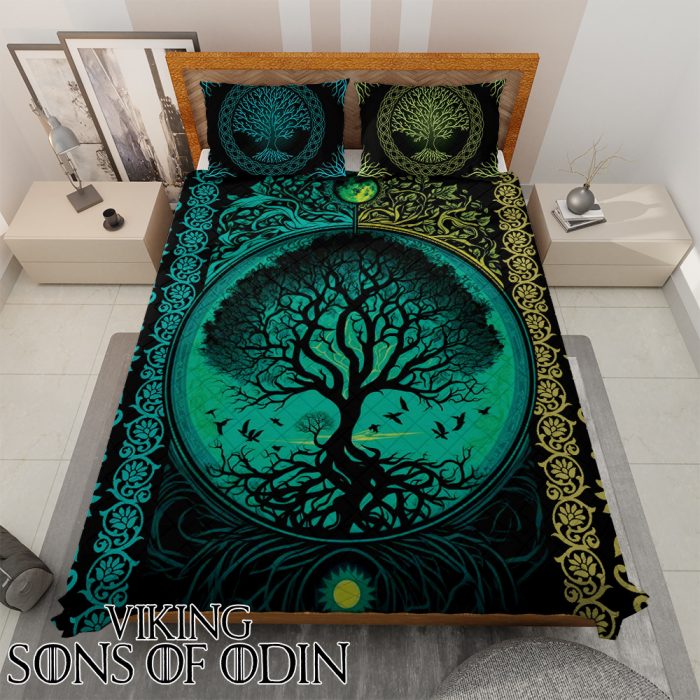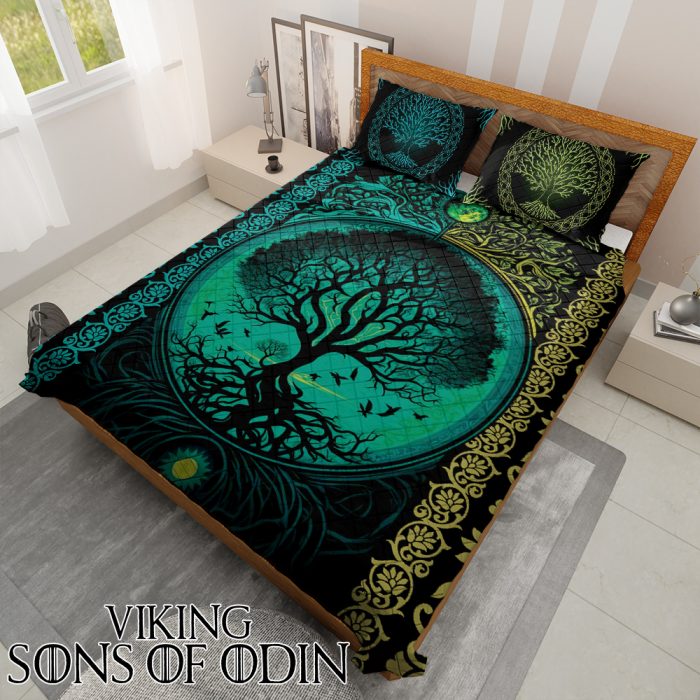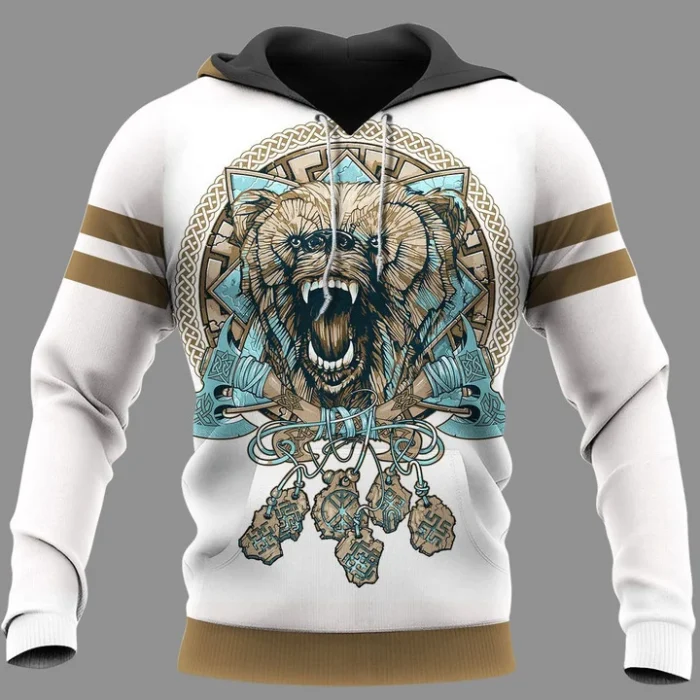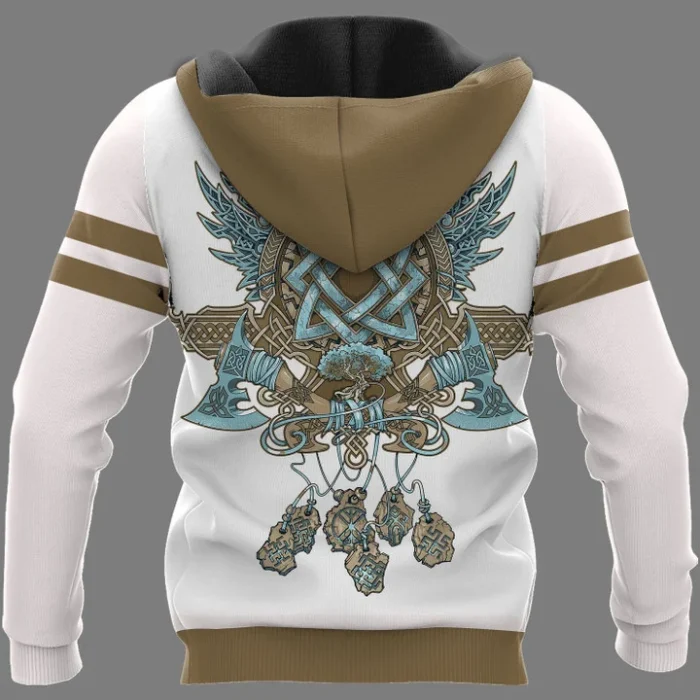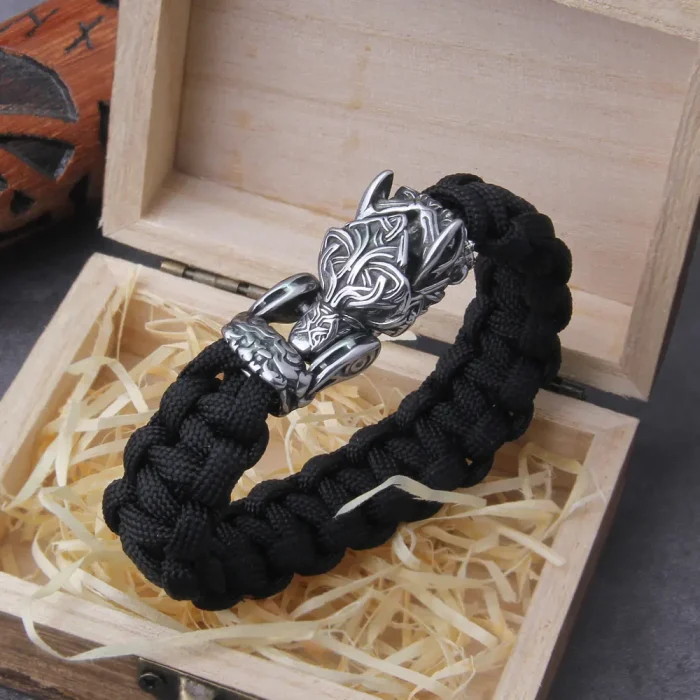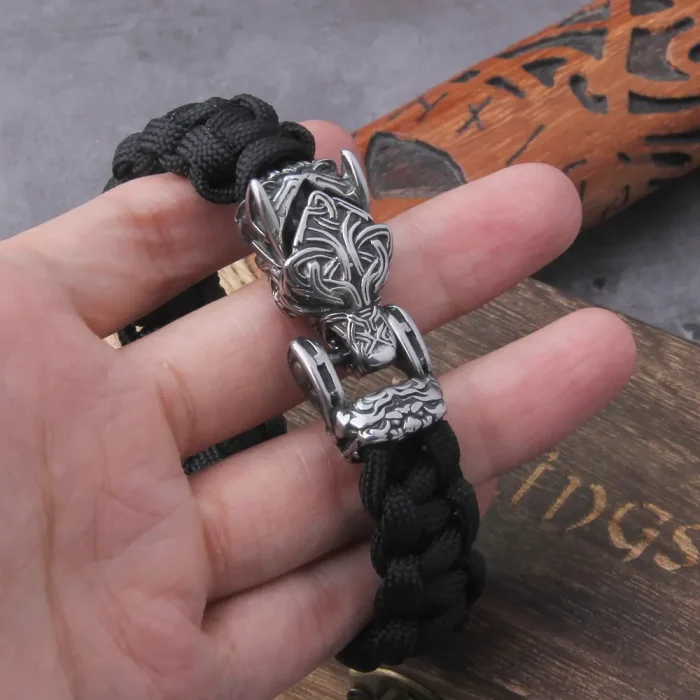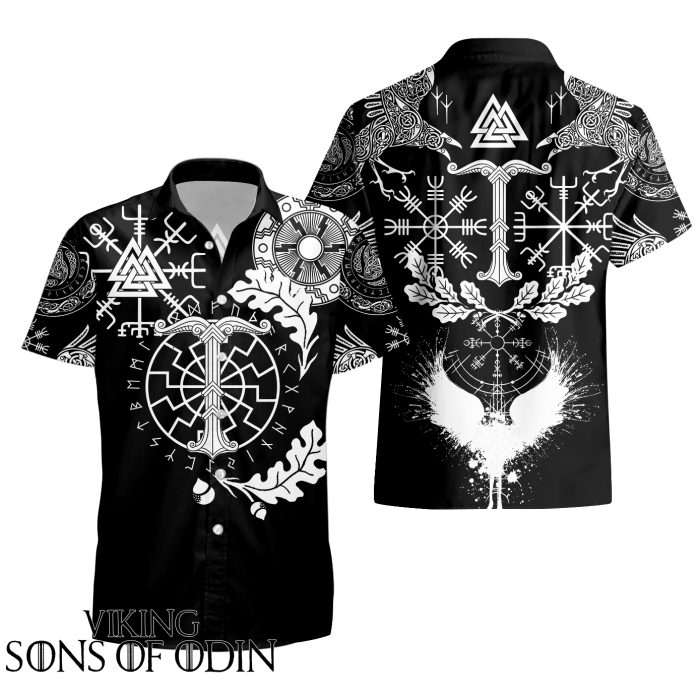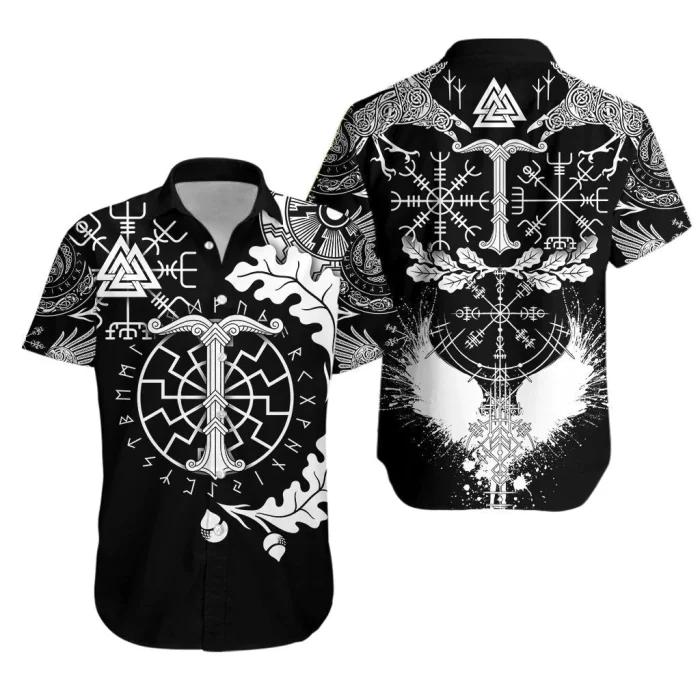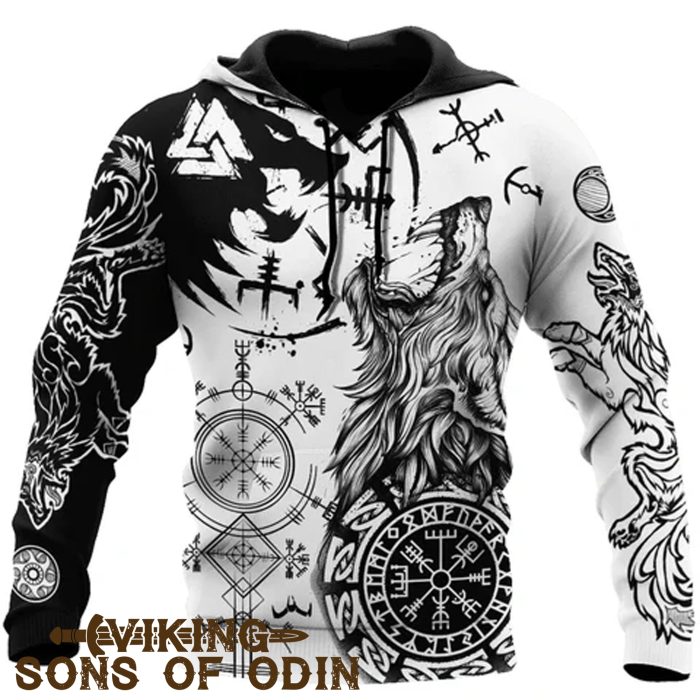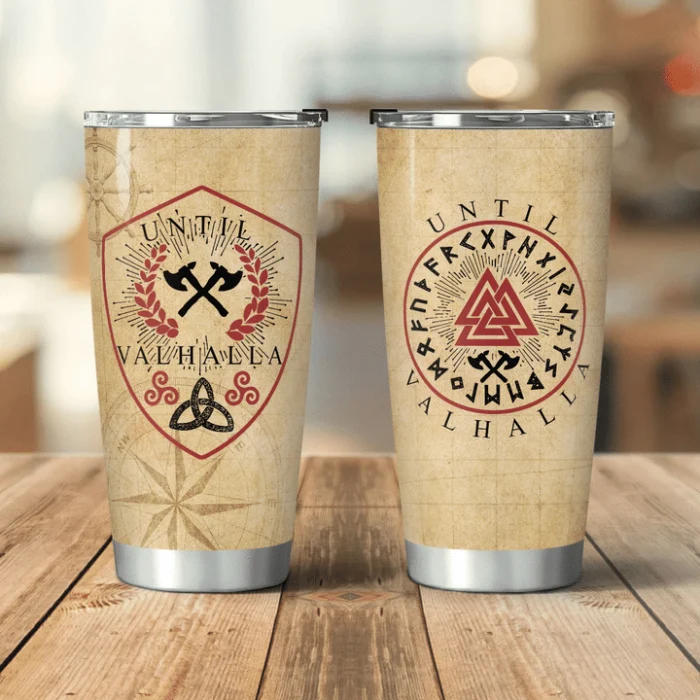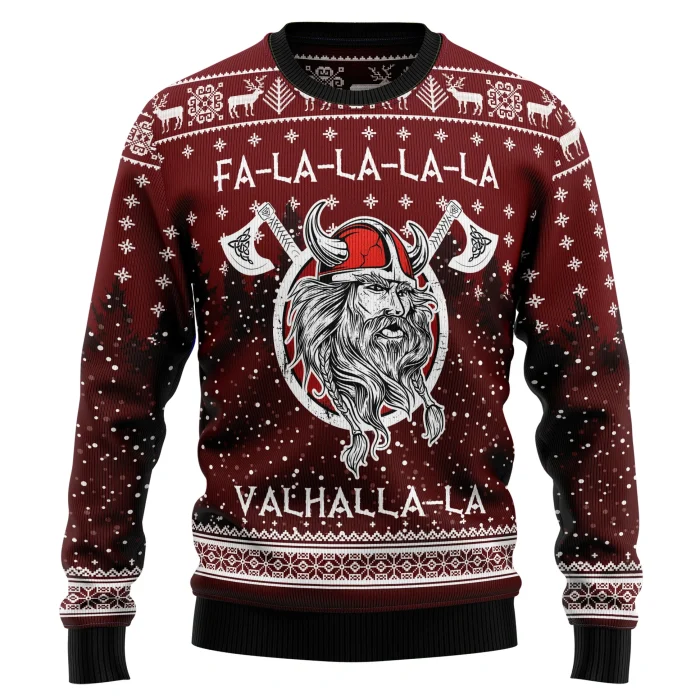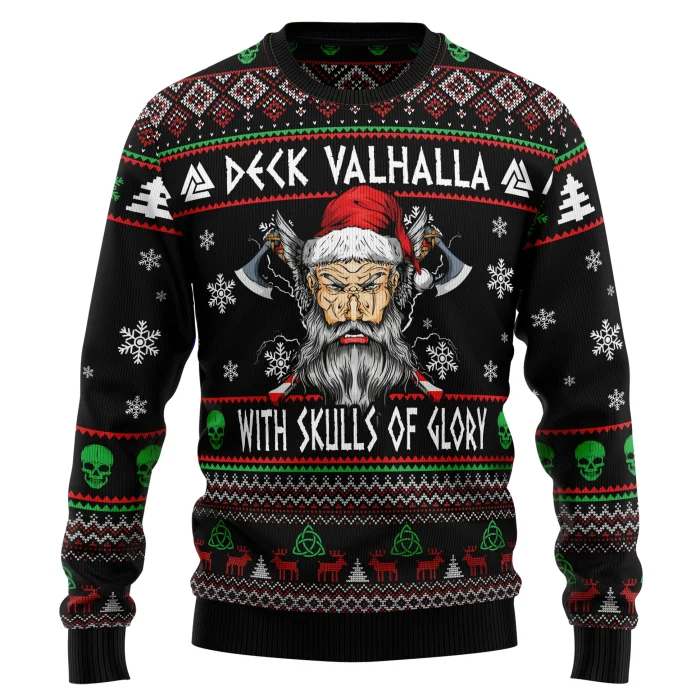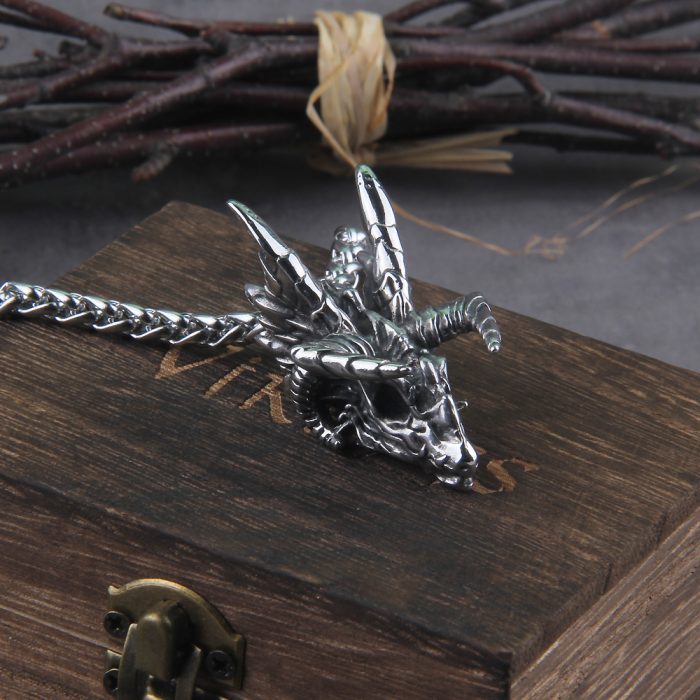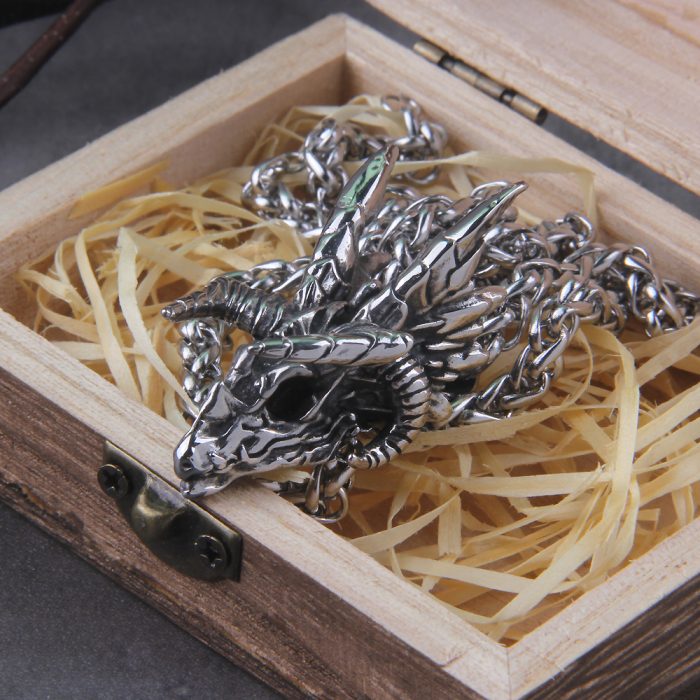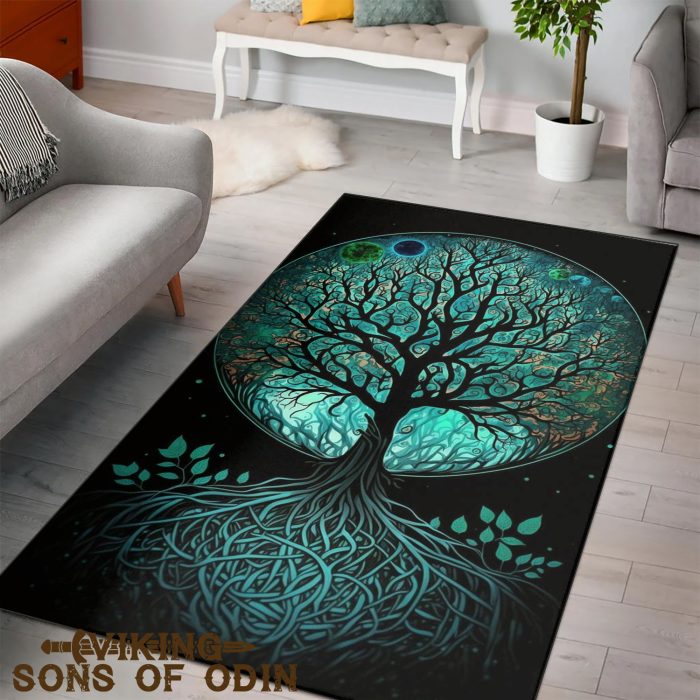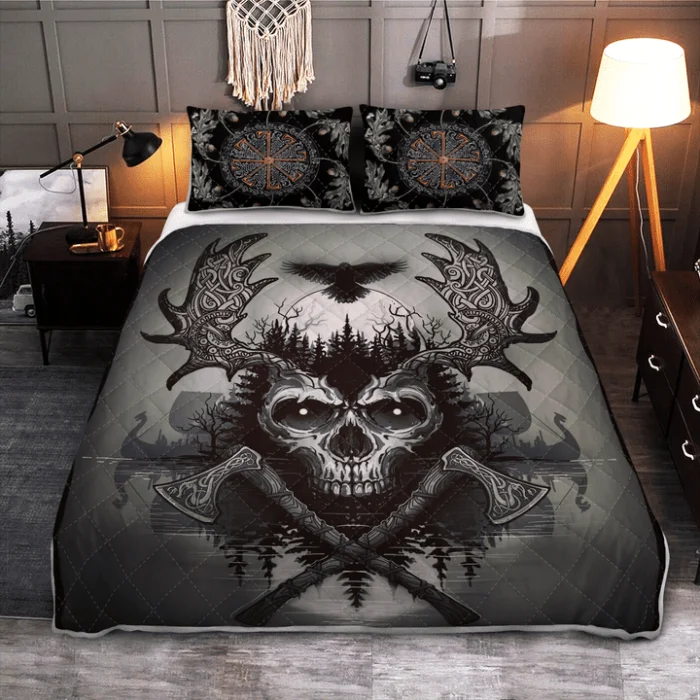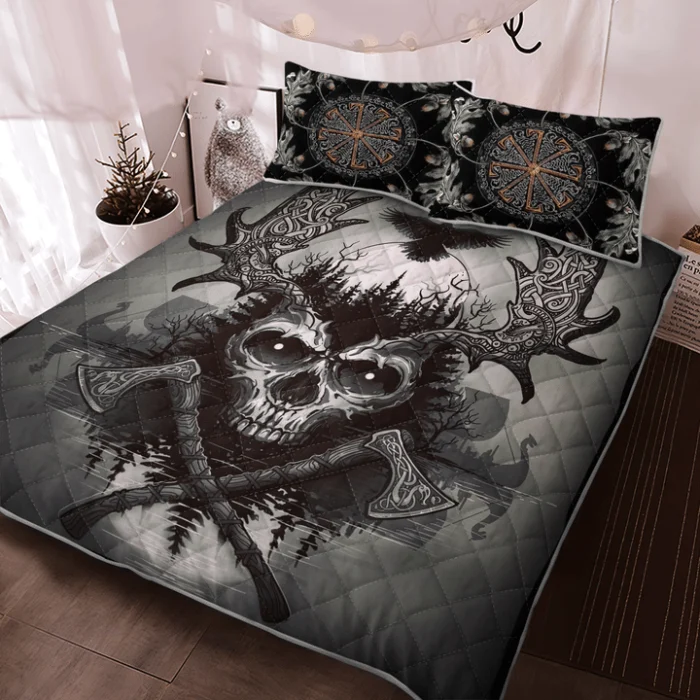Nordic Discovery, Viking
Learn about the Vikings living in Canada
Vikings is also known as “Norsemen” (Nordic) or “Norse”. They were explorers, merchants, warriors, pirates from the Scandinavian peninsula (the territory of present-day Denmark, Norway, Sweden, Iceland and Finland from the present-day Nordic region) in the Middle Ages. late rock.
1. The origin of the name of the Vikings
People often refer to the Vikings as itinerant warriors on boats or pirates, but they were also good farmers and merchants. Viking pirates sailed across Europe and the North Atlantic in longboats, raiding and plundering many rich lands in Europe, and settling in the conquered lands.
.
During this era, groups of Vikings went into trade, pillaging much of Europe, southwestern Asia, and exploring the North Atlantic and northeastern America. In addition to trading and looting, they also mercenary, kidnapped slaves and also contributed to the development of feudalism in Europe. Viking society in this era did not form a nation, but only small organizations in the form of independent villages. Over the centuries, the Vikings have invaded many places and they themselves have found today’s Canada, so it can be affirmed that: Vikings are the first people to live in the “land of maple leaves”. Today , you can find images of Vikings in many parts of this country.
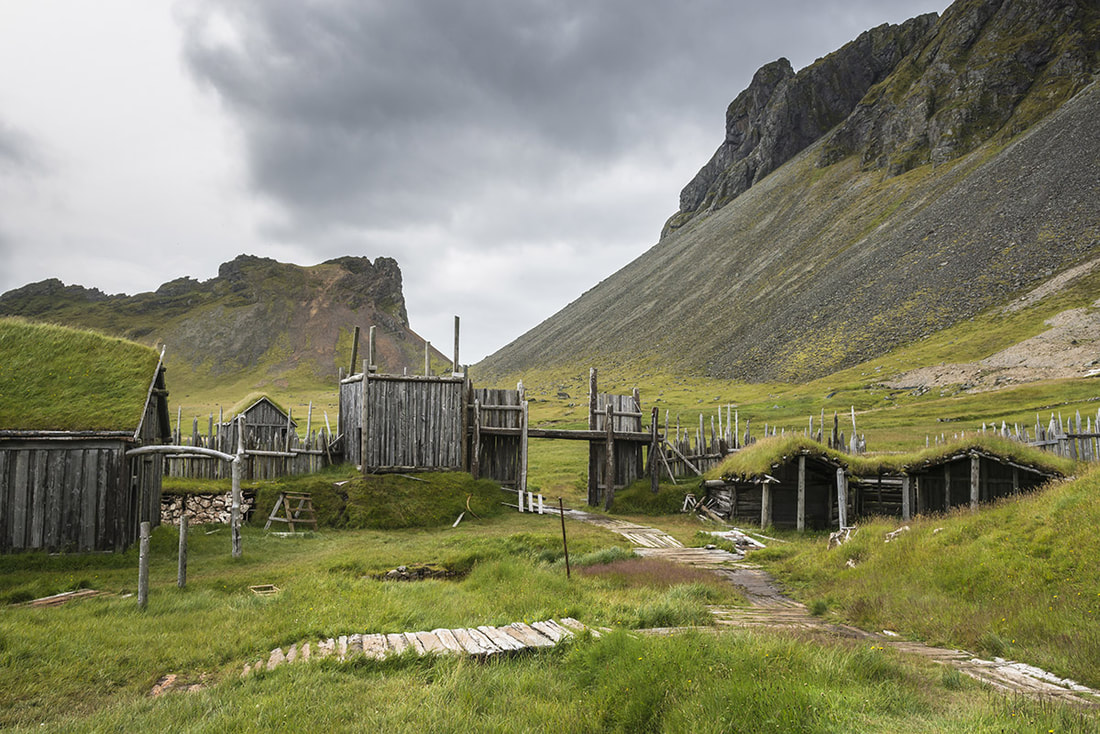
2. Famous Vikings were good warriors
This is due to many factors: Their ships go fast and can travel long distances, with 200 warships they can carry 5,000 troops a day for 150 knots (about 280 km), so the enemy often does not have time to train. central forces to defend and deal with. In addition, they were able to quickly land on beaches or along small rivers without needing to dock because their snekker ships were very light and easy to carry on land. The Vikings’ usual armament
Only commanders use swords and armor, King Erik Vejrhat’s helmet has a small flag, King Guldharald has a golden helmet.
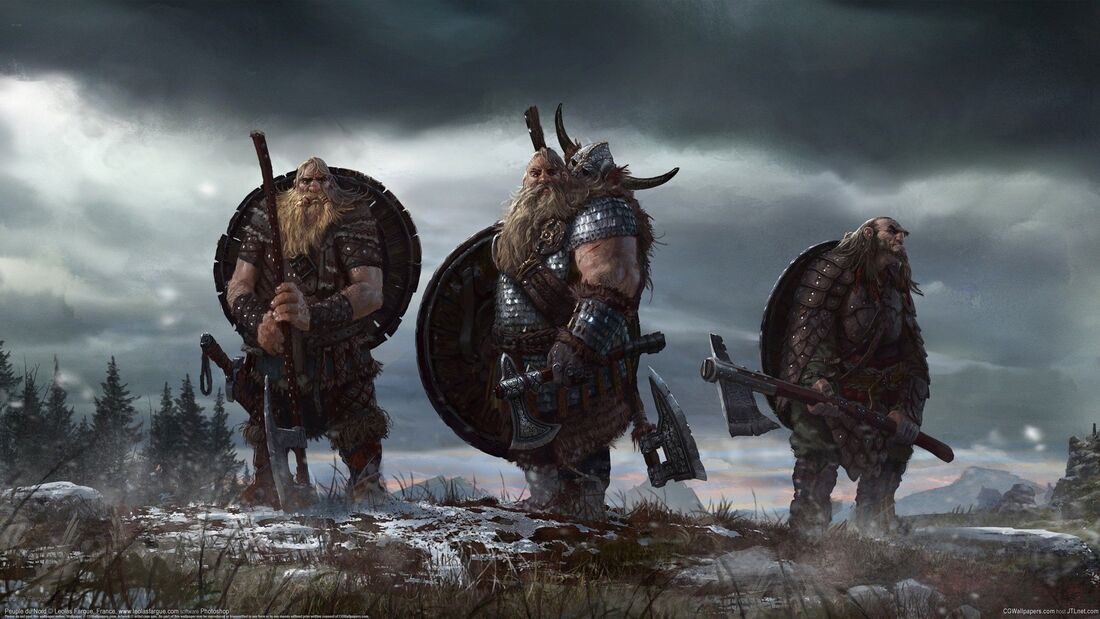
3. Facts about the Vikings
Though
these excellent warriors were often adrift at sea, they were extremely clean eaters. At excavations where Viking warriors once lived, scientists have found tweezers, razors, combs and ear cleaners made from animal bones and antlers. In addition, they also bathed at least once a week, more than the average European at that time.
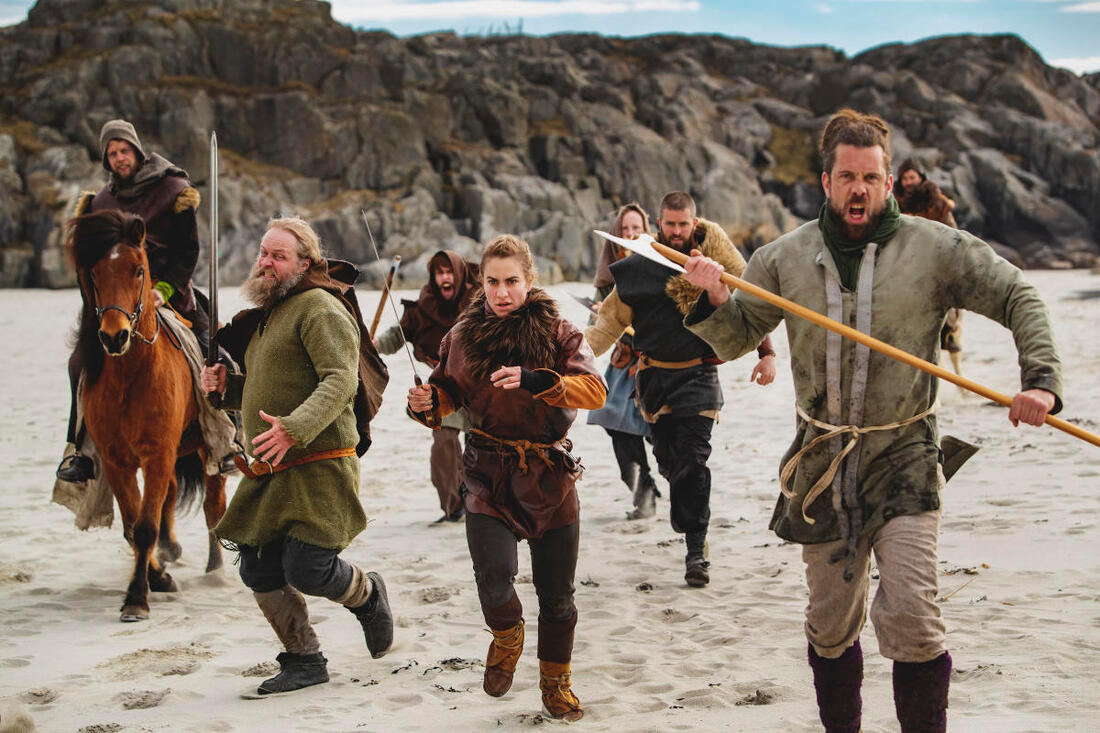
The Vikings spent most of their time farming, and when Viking pirates left their boat life, they planted barley, rye, and oats. They also raise livestock such as goats, pigs and sheep on small farms. During this period, the Vikings enjoyed skiing to many places and it was also a form of entertainment for the people.
Viking men are extremely fond of yellow, the perfect beauty in the culture for this warrior ethnic male is blonde hair. The Vikings were also warlike with themselves, from the time of the Vikings the tribes of this warrior people often fought with swords against each other when not being attacked by foreign invaders.
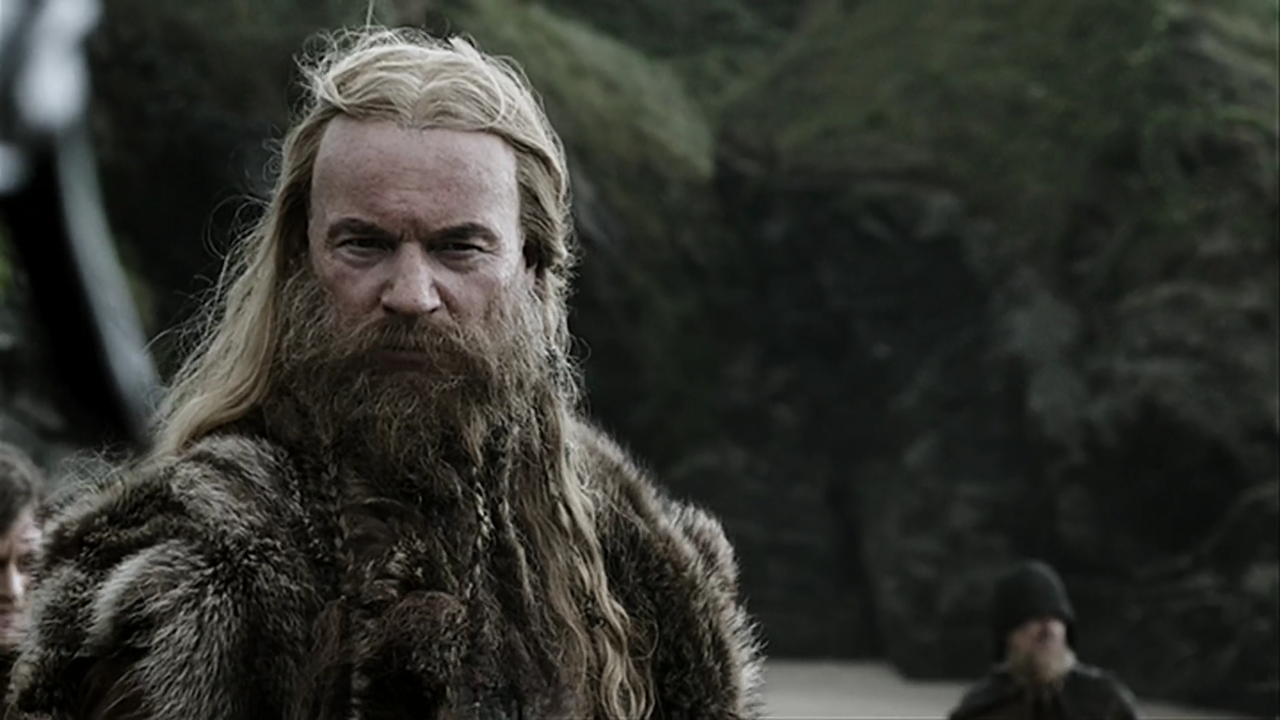
.
And the Vikings were also very romantic. “That love letter” reads: “Kiss me.” A scientist at the University of Oslo has decoded the characters known as the jotunvillur cipher. This is the secret language of the Runic people used by the Vikings in the 13th century, it has been found in more than 80 Norwegian inscriptions mentioning Valentine’s Day (Valentine) of the Vikings. It is hard to believe that these people who specialize in looting, killing, and fighting are quite romantic people.
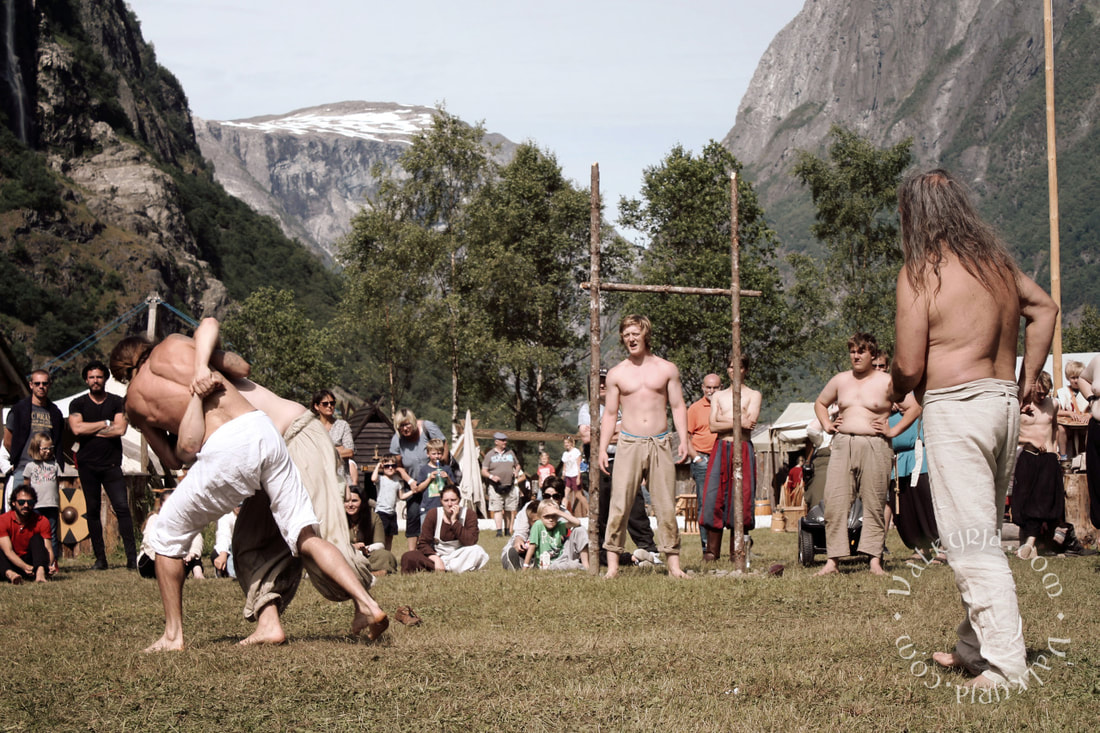
4. The reason the Vikings perished
During the time of living in Canada, the Viking man still carried out the robbery mission while the woman stayed at home to take care of children and housewives. Life for them only lasted a few decades, when this nation was also plunged into a war of conquest. According to the recorded history at that time, in the 12th century, some people: Spain, France, England, Italy… came here to occupy this land; They used air guns to destroy the Vikings. From here, the Vikings have no trace of living in Canada anymore.
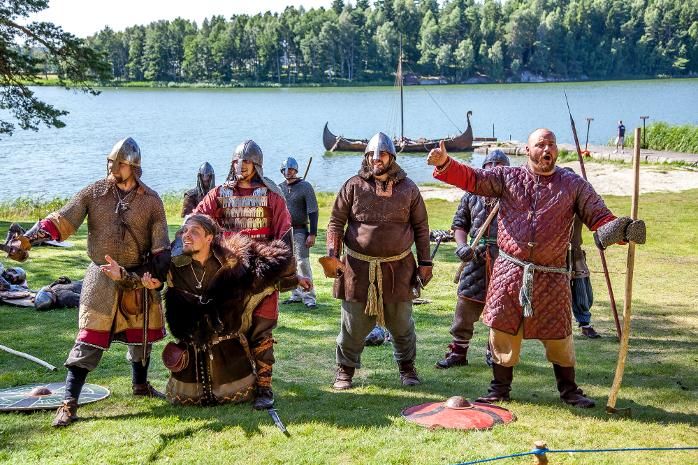
Vikings
are probably still unknown and many secrets are kept, if visitors love to explore history as well as want to learn about the Vikings living in Canada. Then when you come here to travel, take advantage of that opportunity to find out!
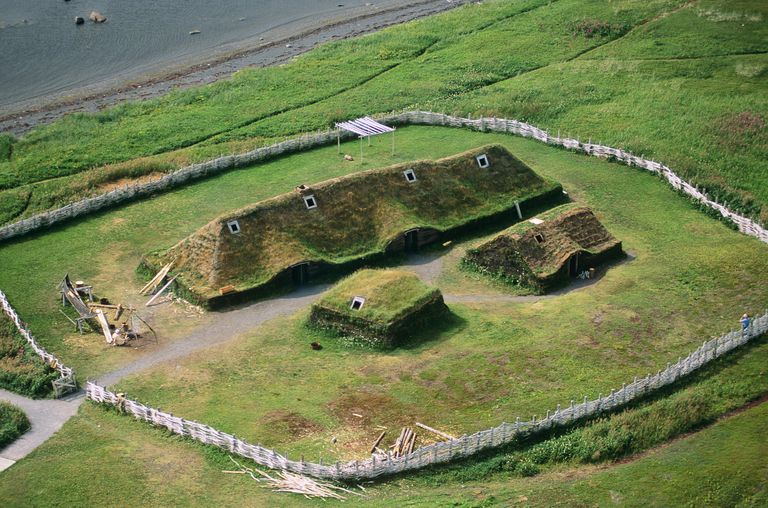
Translation and editing : Viking Sons Of Odin

